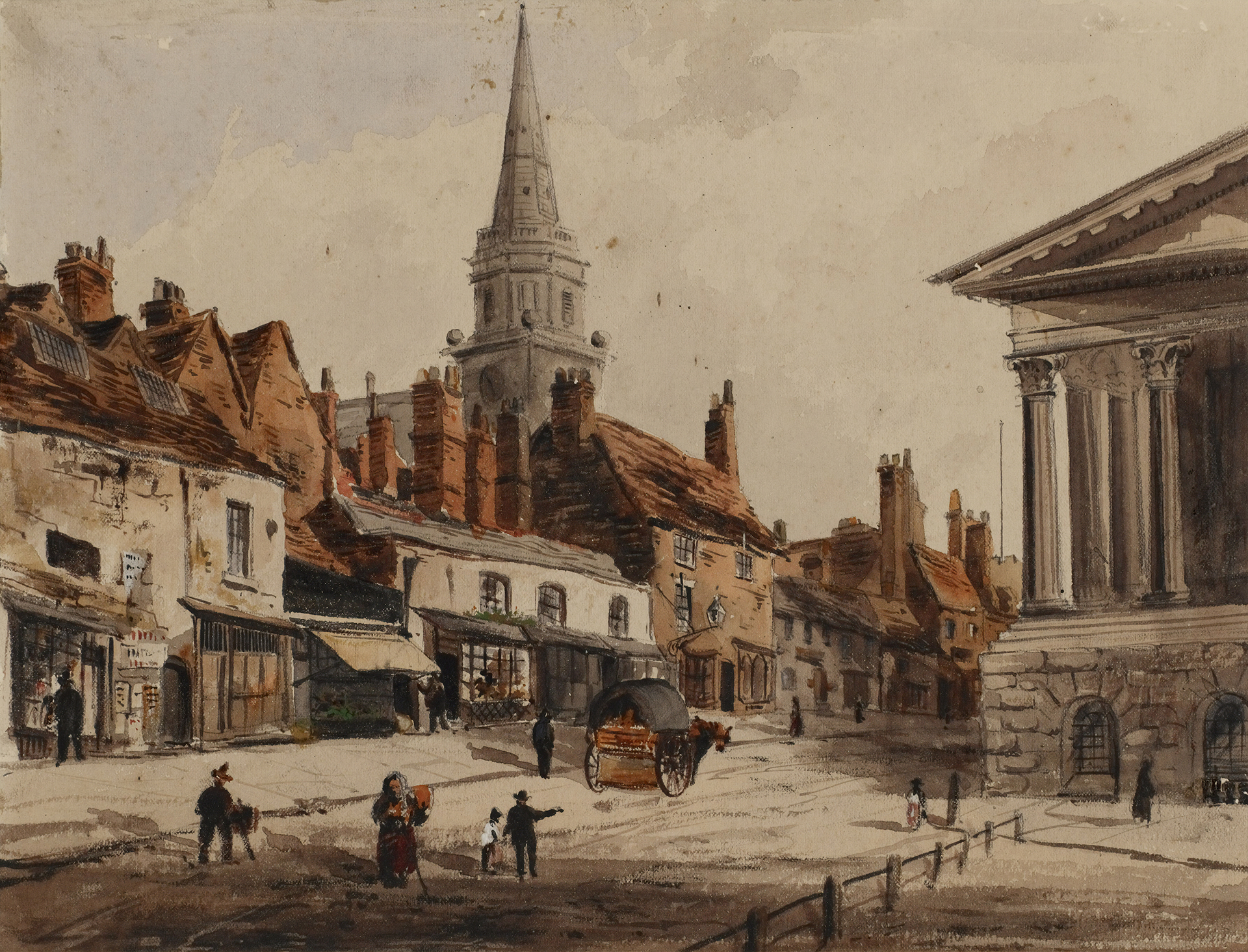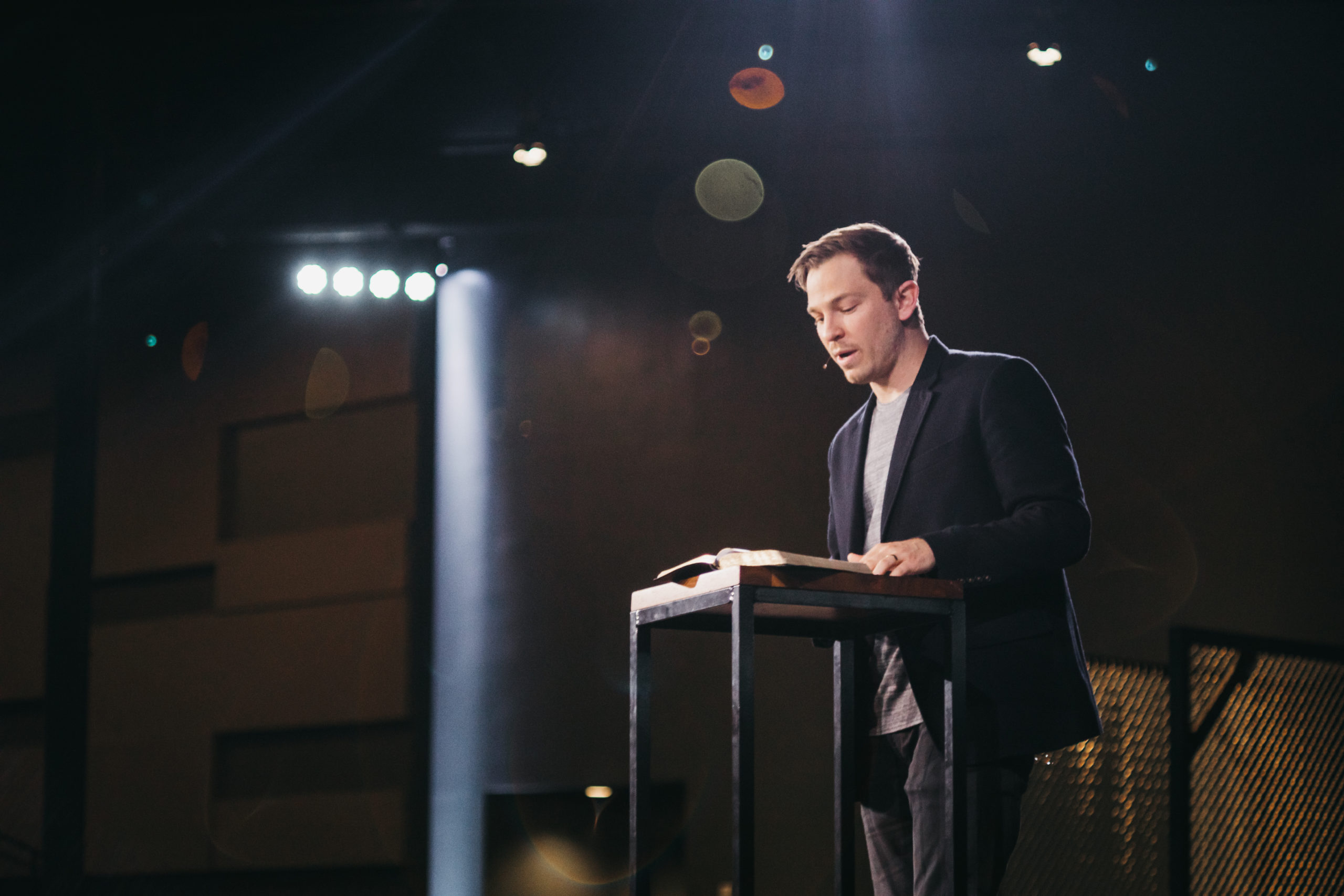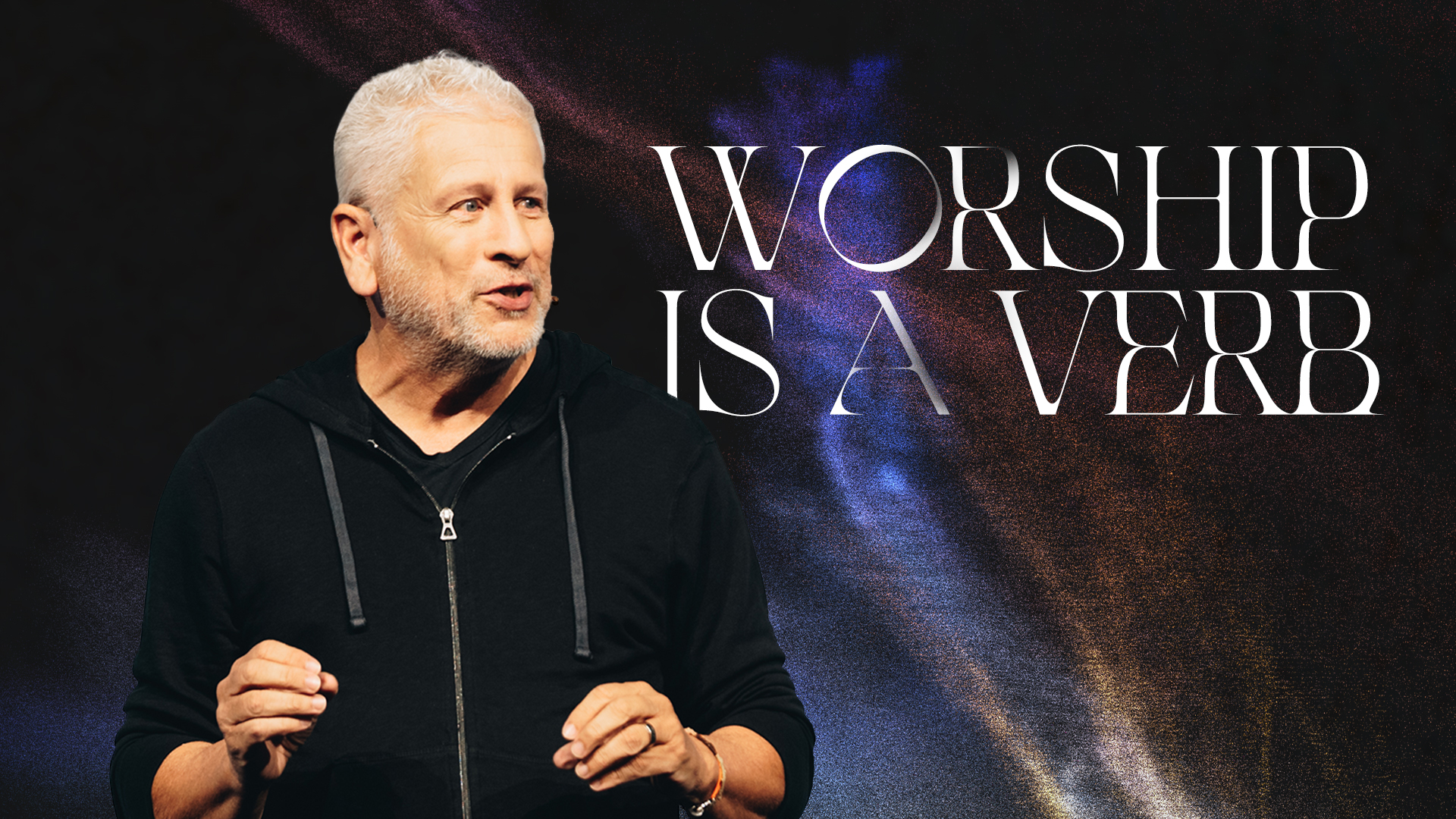The Christmas season serves as a time to remember the birth of our savior, Jesus Christ. Usually, when our calendar flips to December, our first reaction is to start listening to our favorite classic Christmas carols. But have any of us stopped to think about the depth of the lyrics that we’ve been singing every year since we were little? Join us as we adventure through “Melodies of Hope,” a series of several different Christmas carols that dive deep into the scriptures that inspired them.
__________
The night was dark. The fields were quiet, save for the softened, constant bleating of the herds of sheep on the ranging hillside. Outside of a small town that would likely be left off the maps of the day, a group of shepherds huddled together. They may have been cold. They may have been content. But one thing is certain. They had no idea that a heavenly celebration was about to erupt over their heads.
“Hark! The herald angels sing, ‘Glory to the newborn King!’”
Originally written by Charles Wesley in the early 18th century, this hymn was inspired by what happened on that night on a field outside of Bethlehem. Drawn almost directly from Chapter 2 of Luke’s gospel, this hymn reflects the moment when a heavenly host appeared to the least-suspecting and arguably the least-likely group of men to proclaim in exaltation that glory be to God, and on earth, peace to those on whom his favor rests.
The hymn may start in Luke 2, but as it progresses from line to line, it moves and weaves throughout the Scripture, capturing a thread of praise and proclamation that still moves hearts and souls today.
Christ; by highest heaven adored (Philippians 2). Christ, the everlasting Lord (Psalm 90). Pleased, as man, with men to dwell (Colossians 1), Jesus, our Emmanuel (Matthew 1).
This Prince of Peace, this son of Righteousness, this person of the eternal and triune God, was now veiled in flesh as the incarnate deity. Born of Mary, and yet fully God. Born that man no more may die, and yet even then, on that night, while the triumph of the God-man was spread throughout the skies, the Cross loomed in the foreground. The hill of Calvary just a dozen miles away from the manger.
Hark! The herald angels sing, “Glory to the newborn King!”
Although Charles Wesley originally penned this now-famous carol, the hymn was slightly adjusted by another famous pastor and preacher, George Whitefield. Keeping the original inspiration from Luke 2, Whitefield tweaked some of the lines, most notably helping create the opening lyric that we all have come to know and from which the song derives its title. “Hark! The herald angels sing.”
It wasn’t until roughly halfway through the 19th century that an English musician, William Hayman Cummings, would set this adapted hymn to music, matching the deep and moving words with a beautiful melody from one of the greatest composers of the time: Felix Mendelssohn. By melding the tune and the lyrics, Cummings helped craft what has since been sung hundreds of thousands of times worldwide and will certainly be sung this Advent season again.
The words help lift our spirits as they point towards a great and glorious God who is worth celebrating. It is a song of excitement, awe, and wonder. It is a declaration of goodness; the manifestation of the gospel come to life and now in flesh and blood. The long-awaited Savior and Messiah of God’s people has finally arrived and is brought forth into the world to the roar of Heaven’s chorus, as men and angels alike looked upon this swaddled infant with a reverent curiosity.
But even more than this, we glimpse in this song the truth that this glorious God has been working out a greater plan than any one of us could have ever imagined. Like the song, which bears the fingerprints of Wesley, Whitefield, Cummings, and Mendelssohn (and that was intertwined over nearly two centuries), the plan of God has been in motion long before the night’s interruption outside of Bethlehem.
That’s what the gospel-writer Luke was referencing just verses before he recorded the divine heralding which inspired this hymn. He wrote in verses 10-11, “Fear not, for behold, I bring you good news of great joy that will be for all the people. For unto you is born this day in the city of David a Savior, who is Christ the Lord.”
This text is one of many examples throughout the Scripture that tells us that the birth of Jesus wasn’t happenstance. It wasn’t just a random act of a bored God who had nothing better to do. The birth of Jesus and the resulting heavenly proclamation resulted from a purposed and sure plan that God had been working out for all of history. It spanned back even before the foundation of the world. “For he chose us in him before the creation of the world to be holy and blameless in his sight. In love…” (Ephesians 1:4). Can you see the fragments of the blueprint that are revealed in these verses?
The angel claims to bring “good news,” or the Greek word euangelizō, which was often used throughout the Old Testament to communicate “the joyful tidings of God’s kindness, in particular, of the Messianic blessings.” For generations, God had sown seeds of messianic expectation (Micah 5:1-2) and promise throughout his people, and now, the angel declares, this is that blessing.
This is the good news you’ve been waiting for.
The angel goes on to say that the good news is “for all the people,” which doesn’t sound strange to our ears but would have been slightly concerning to the 1st century Jew. Historically, the messianic blessings were thought to be only for the Jews. But suppose you look back at God’s original promise to Abraham in Genesis 12. In that case, we see that within the first unconditional covenant of Scripture, God promises that through Abraham, and eventually through Israel, “all the families of the earth shall be blessed.” Again, the angel is saying this Jesus will be the fulfillment of that plan.
Lastly, the angel references the “city of David” and a “Savior, who is Christ the Lord.” Not only do we get the thread tied back to David, thus the culmination of the Davidic Covenant from 2 Samuel 7 and the many texts that refer to the eternal Davidic king (Jeremiah 33:17), but the angel uses three distinct and significant words to refer to Jesus: Savior, Christ, and Lord.
To the Jewish audience of that day, this trifecta of titles would have been mind-blowing. This Jesus was to be the Savior (sōtēr), a title often associated with God throughout the Old Testament (Psalm 25:5, Isaiah 62:11, Micah 7:7). This Jesus was to be the Christ (Christos), a term that in the Old Testament often meant “anointed one” and would be used 529 times in the New Testament. Christ wasn’t Jesus’ last name; it was his God-planned and God-ordained title. And finally, the angel uses the title Lord (Kyrios). This term would have been most shocking, as it was used over 7,000 times in nearly 6,000 scriptures throughout the Old Testament. It is a title that is practically on every page of the Scripture, and the angel says to these Shepherds, “For unto you, a child is born, and he is the LORD.”
“Hark! The herald angels sing, ‘Glory to the newborn king!’”
Why is this important to you today? Because the same God who formed and followed through on his plan of salvation through his son Jesus Christ is the same God who is actively ordering and fulfilling his plan for your life today.
We know that the holidays are busy and can often be a hectic time of year. For many, advent is a season of mourning and grieving just as much as it is a time of celebration. It can feel like in a season meant to focus on the life and work of Jesus, that he is the furthest thing from our minds.
But even here, in this very moment, God is working out his plan of redemption, of salvation, of making you more like Jesus.
He’s very good at following through on his plans. He has never dropped the ball or missed the window of opportunity. He has always shown up right on time, and he has always done what he has promised he would do. On that night, with the shepherds keeping watch of their flocks outside of Bethlehem, God showed up and did what only he could do. He made a way back home for everyone.
God is still doing that today.
As we step into this Advent season, may we, with new gratitude, sing out these words and join our hearts to that heavenly declaration made some two-thousand years ago, “Hark! The herald angels sing, ‘Glory to the newborn king.’”

Waiting Here for You: An Advent Journey of Hope
By Louie Giglio
Waiting Here For You helps us anticipate rather than dread the busy season of Advent and Christmas. A season overflowing with anticipation, Christmas comes the same time each year with great hope and promise of a baby born long ago. But, this season meant for joy is often consumed by busyness, pressure, mixed emotions, and is gone as quickly as it came. What is it all for? In the journey of Advent - a season of expectant waiting and preparation - we find our answer. It’s in the waiting season of Advent that we prepare our hearts to meet December 25 with joy, peace, hope, and promise in our newborn King.
__________
In the new edition of Waiting Here For You, pastor and author Louie Giglio invites you into an Advent journey of hope to discover that waiting is not wasting when you're waiting on the Lord. Take hold of the chance to uncover the vast hope offered through the season of Advent and find peace and encouragement as anticipation leads toward celebration!





